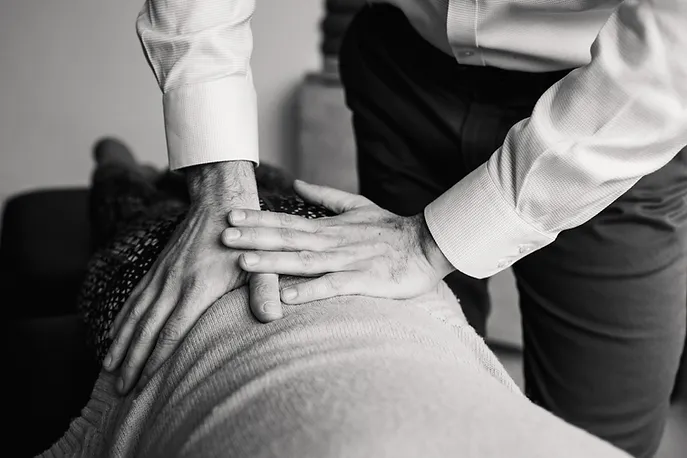Complex regional pain syndrome
Complex regional pain syndrome
Symptoms, causes and treatment
Complex Regional Pain Syndrome (CRPS), also known as Reflex Sympathetic Dystrophy (RSD), is a rare and chronic pain condition that typically affects an arm or a leg, although it can occur in other parts of the body as well. CRPS is characterized by intense, persistent pain that is disproportionate to the initial injury or trauma. It often develops following a traumatic injury, surgery, or even minor trauma such as a sprain. The exact cause of CRPS is not fully understood, but it is believed to involve abnormal responses from the central and peripheral nervous systems, leading to chronic pain and various other symptoms.
Symptoms
The symptoms of CRPS can vary in severity and may include:
Persistent and intense pain: the pain experienced in CRPS is often described as burning, throbbing, or shooting and may be accompanied by increased sensitivity to touch and temperature changes.
Swelling and changes in skin color and temperature: The affected area may appear swollen, and the skin may show changes in color, ranging from pale and blotchy to red or purple. The skin may also feel warmer or cooler than the surrounding areas.
Changes in skin texture: The skin over the affected area may become shiny, thin, and may develop excessive sweating.
Joint stiffness and limited mobility: CRPS can lead to stiffness and limited movement in the affected limb, making it difficult to perform daily activities.
Muscle weakness and spasms: Some individuals with CRPS may experience muscle weakness, stiffness or spasms in the affected limb.
Psychological and emotional symptoms: Chronic pain can often lead to emotional distress, including anxiety and depression.
Chiropractic Care and its potential benefits for CRPS
Chiropractic care is a non-invasive, drug-free approach to managing various musculoskeletal conditions and pain disorders. While CRPS primarily involves the nervous system, chiropractic care may offer certain benefits for individuals with this condition, particularly in relation to musculoskeletal issues that can arise as secondary effects of CRPS.
Pain Management. Chiropractors are skilled in assessing and treating musculoskeletal pain. Through various manual techniques, they can address areas of joint dysfunction and muscle tension, potentially reducing some of the secondary pain associated with CRPS.
Improvement in range of motion: Chiropractors can help improve joint mobility and flexibility, which may be compromised in CRPS due to joint stiffness and limited movement.
Addressing muscle imbalances: CRPS can lead to muscle imbalances, where certain muscles become weak and others become overactive. Chiropractors can develop targeted exercise programs to address these imbalances, aiding in muscle recovery and improving overall function.
Adjunct therapy to other treatments: Chiropractic care can be used in conjunction with other treatments for CRPS, such as physical therapy, pain medications, and psychological support. It may provide an additional dimension to the overall management of the condition.
Holistic approach: Chiropractors often take a holistic approach to patient care, considering not only the physical symptoms but also the emotional and psychological aspects of pain. This approach can be beneficial for individuals coping with the emotional distress that often accompanies chronic pain conditions like CRPS.
Important Considerations
While chiropractic care may offer benefits for some individuals with CRPS, it is essential to consider a few important factors:
Individual Variation: CRPS is a complex condition, and its symptoms can vary significantly from person to person. What works for one individual may not be as effective for another.
Collaborative Care: Chiropractors should work in collaboration with the patient’s primary care physician and other specialists involved in managing CRPS to ensure a well-coordinated approach to treatment.
Patient’s Comfort: Chiropractors should always prioritize the patient’s comfort and tailor treatment plans to accommodate any sensitivities or limitations the individual may have.
Complex Regional Pain Syndrome (CRPS) is a challenging condition characterized by chronic pain and various associated symptoms. While chiropractic care may not directly treat the root cause of CRPS, it can offer potential benefits for addressing secondary musculoskeletal issues, improving mobility, and providing pain relief. As with any medical condition, it is crucial for individuals with CRPS to work closely with a multidisciplinary team of healthcare professionals to develop a comprehensive and personalized treatment plan that suits their specific needs and condition.
Our inspiring blog, a hub of knowledge and ideas designed to spark curiosity and fuel your mind!
Dive into a collection of thought-provoking articles, practical tips, and engaging content that covers a wide range of topics realted to health and wellbeing.
You can discover fresh perspectives, gain valuable insights, and find inspiration to enhance the quality of your life.
Alive Chiropractic Poundbury
1C Crown gate square DT1 3EJ
Poundbury, Dorchester
Tel. 01305602314
Mob. 07845096314























